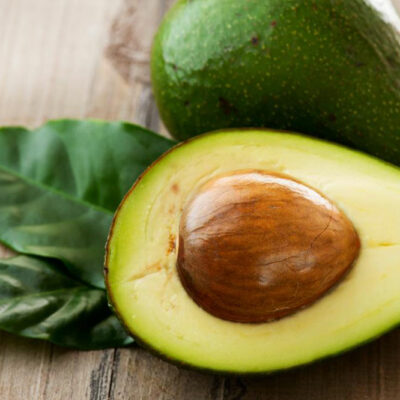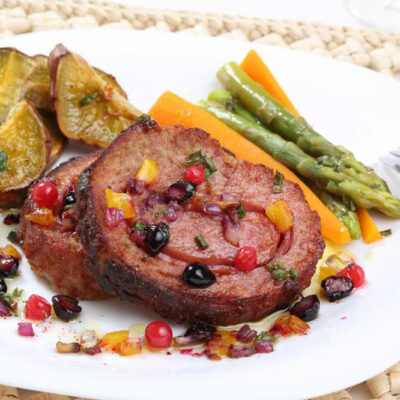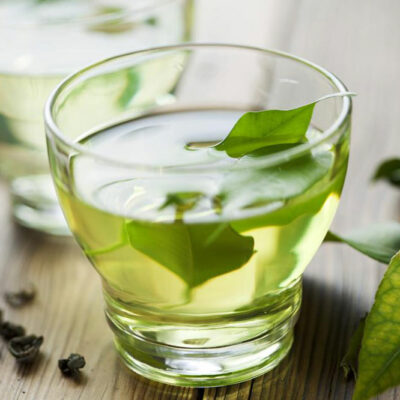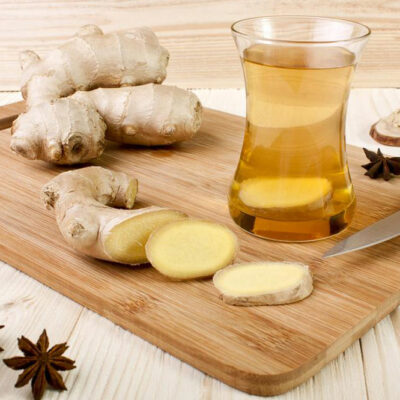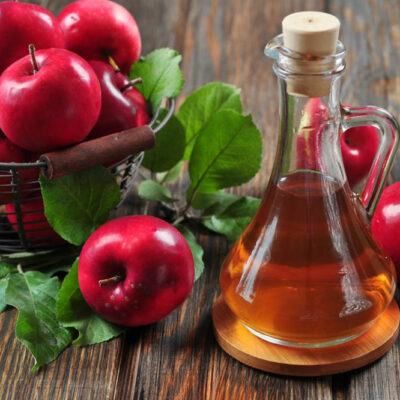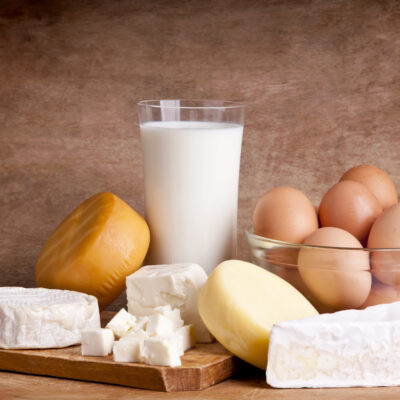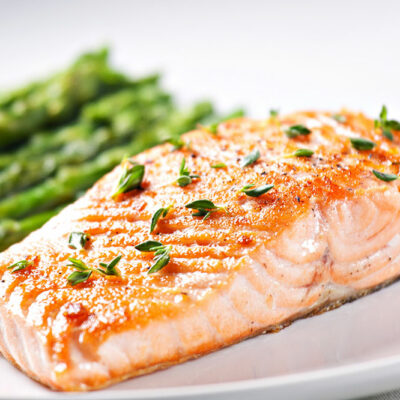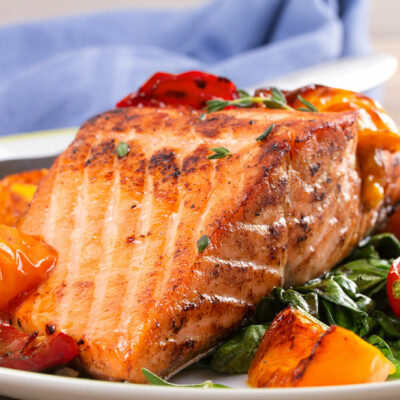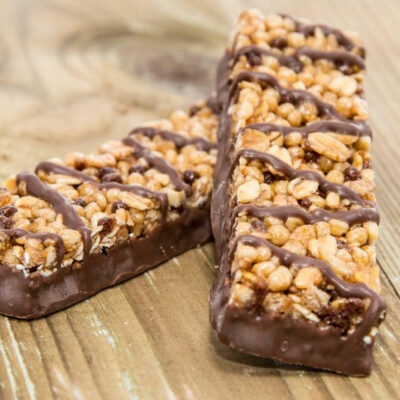
Food
Protein-Rich Snacks for Healthy Kids
Preparing tasty yet healthy snacks for children can be a challenging affair for many mothers. Kids can not only be picky eaters, but these days, they tend to prefer junk foods like French fries, burgers, pizza, and instant noodles over homemade dishes. So, have a look at this specially curated list of protein-rich snacks for kids that will keep them full for long and also provide essential nutrients. Plus, these snacks can enhance your child’s energy and strength in no time! Roasted chickpeas Chickpeas are a healthy option for kids when it comes to snacking. It is rich in protein and low in sodium. Moreover, chickpeas also have a high antioxidant content to prevent many diseases. You require 150g chickpeas, one tablespoon lime juice, three tablespoon olive oil, two tablespoons cumin powder, 1/2 tablespoon each of garlic powder and paprika, and salt to prepare this dish. Bake overnight-soaked chickpeas for 25 minutes at 400°F. Now, take all the other ingredients in a bowl, add the baked chickpeas to it, and bake it again for 15 minutes at 350°F. When the chickpeas turn golden brown, serve the mix to your kids. Broccoli cheese bites Broccoli cheese bites are also one of the favorite protein-rich snacks for kids.
Read More 